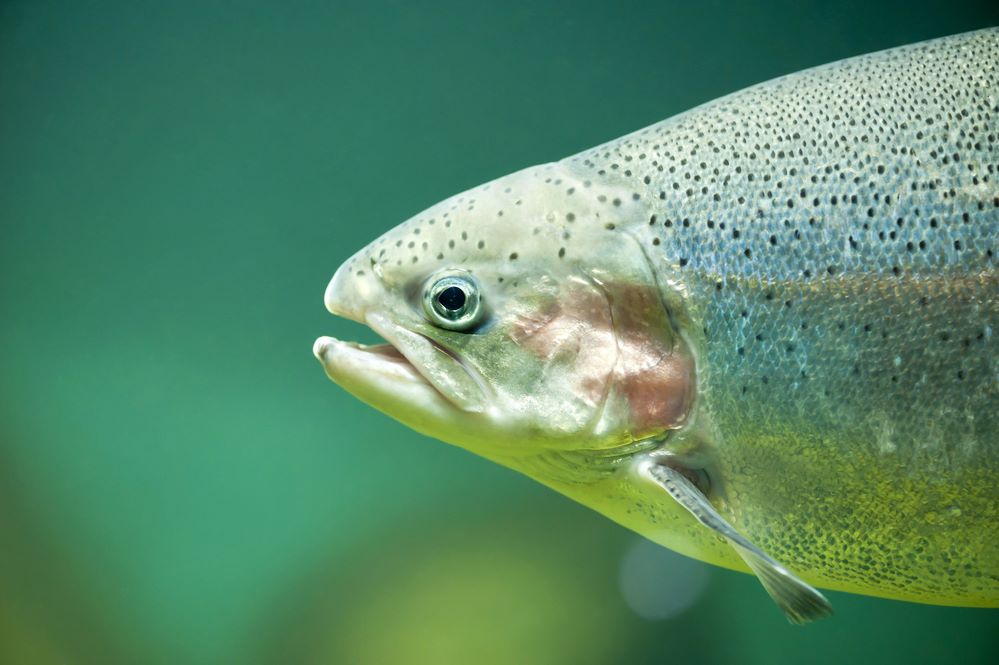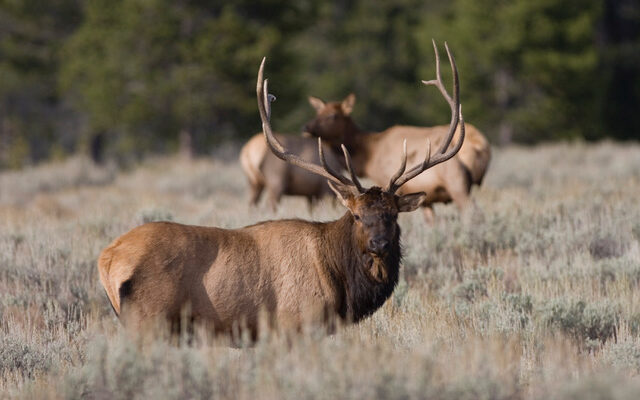Science-based wildlife conservation and the ability of anglers and hunters to pursue traditional and sustainable outdoor pursuits are under attack across the U.S. These assaults take various forms, including ballot initiatives, legislation, revisions of plans guiding state wildlife agencies, and attempts to bias the composition of (or eliminate altogether) the Boards and Commissions overseeing those agencies. Underlying all of them is an intent to cast aside the North American Model of Wildlife Conservation and manage wildlife according to the dictates of anti-hunting extremists and single-species advocates.
Arizona has already been a target for these groups. In 1994, Arizona voters approved Proposition 102, a ballot initiative spearheaded by the Animal Defense League of Arizona and other anti-hunting organizations. Proposition 102 banned widely-used traditional trapping practices on all public lands within the state. In 2018, the Humane Society of the United States (HSUS) mounted a ballot initiative campaign designed to stop all hunting of bobcats and mountain lions. Fortunately, that effort was derailed. The changing demographics of our state make Arizona a prime target, it is only a matter of time until we’re in the crosshairs once again. Addressing these threats through proactive strategies is the core purpose of Conserve and Protect Arizona.

The advocates for the bans we have seen proliferate around the western United States have taken a “divide and conquer” strategy, focusing on species and methods of take that have a relatively small number of participants. This strategy was successfully used in Australia time after time as detailed in this article.

On the heels of defeat for the ill-fated attack on hunting in Colorado, extreme anti-hunting advocates are focusing once again on Arizona. Their opening attack is to petition the Arizona Game and Fish Commission to outlaw the use of dogs in hunting over a dozen species of animals including mountain lions, bears, rabbits, and squirrels. This is the same playbook that was used in Colorado – starting first with the commission using emotional and misleading arguments as well as anecdotes before moving their campaign to other venues such as the legislature and ballot box.

Unsatisfied with just chipping away at methods of take and species, activists in Vermont have their eyes set on undermining the Fish and Wildlife board’s makeup and power. CPAZ advocates not only against ballot box biology, but is also prepared to fight efforts to undermine the power and independence of the Arizona Game and Fish Commission.

Oregon has introduced IP 3 (IP28 for 2026 ballot) that would effectively ban all fishing and hunting in the state of Oregon. The Initiative is supported by dark money from organizations such as End Animal Cruelty.

Extreme activists used deceptive tactics to try and undermine hunting in Colorado by defining any hunting as “trophy hunting” and then using that definition to outlaw all hunting for mountain lions or bobcats. Despite being significantly outspent, the sporting community nationwide rallied to soundly defeat Proposition 127 by 10 percentage points, or nearly 300,000 votes. Read more here and here.

The Washington State Department of Fish and Wildlife is considering enacting a new 25-year strategic plan for conservation in the state. The plan calls for many disturbing principles that violate the North American Model of Conservation including “safeguarding the intrinsic value of nature”